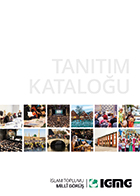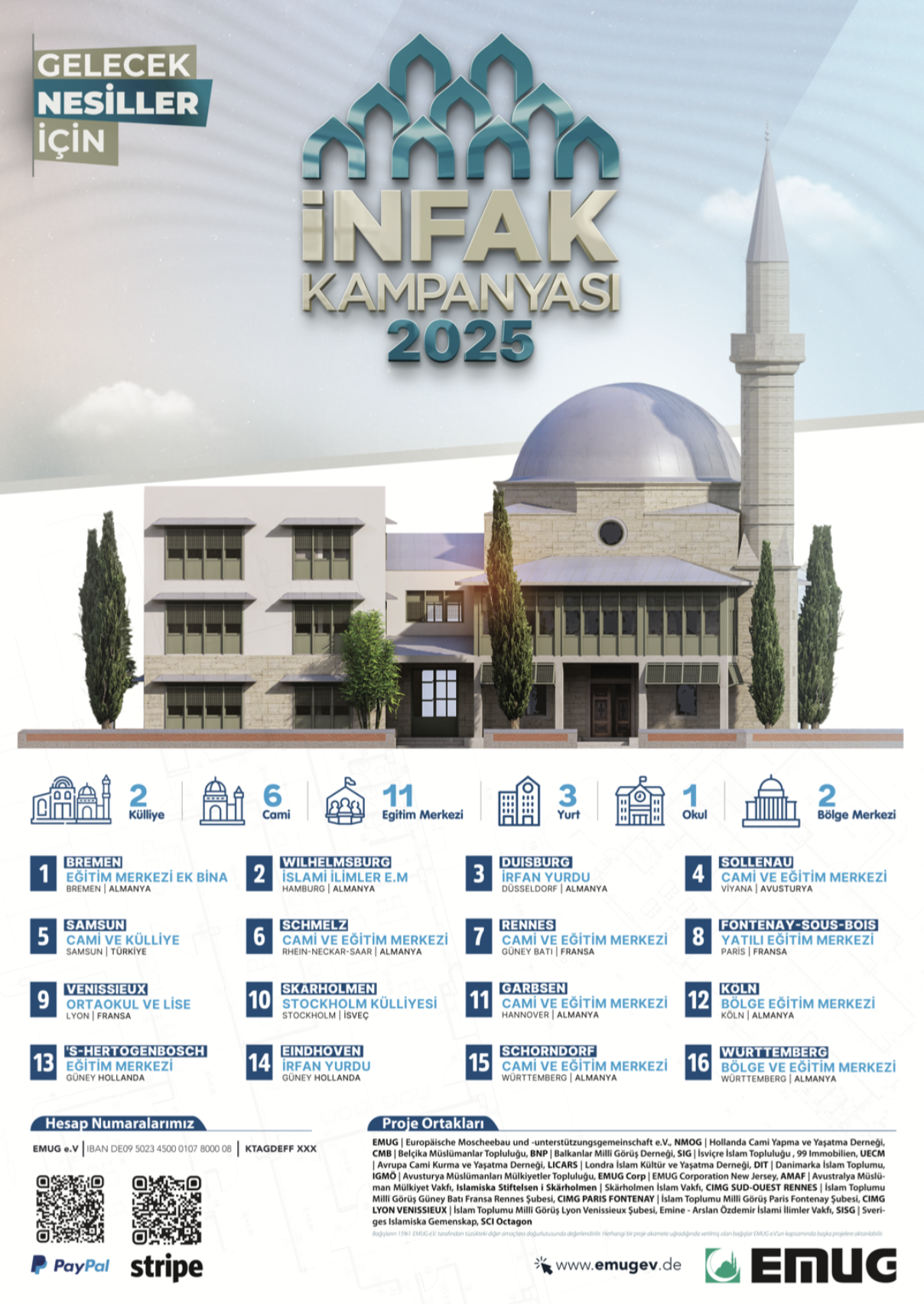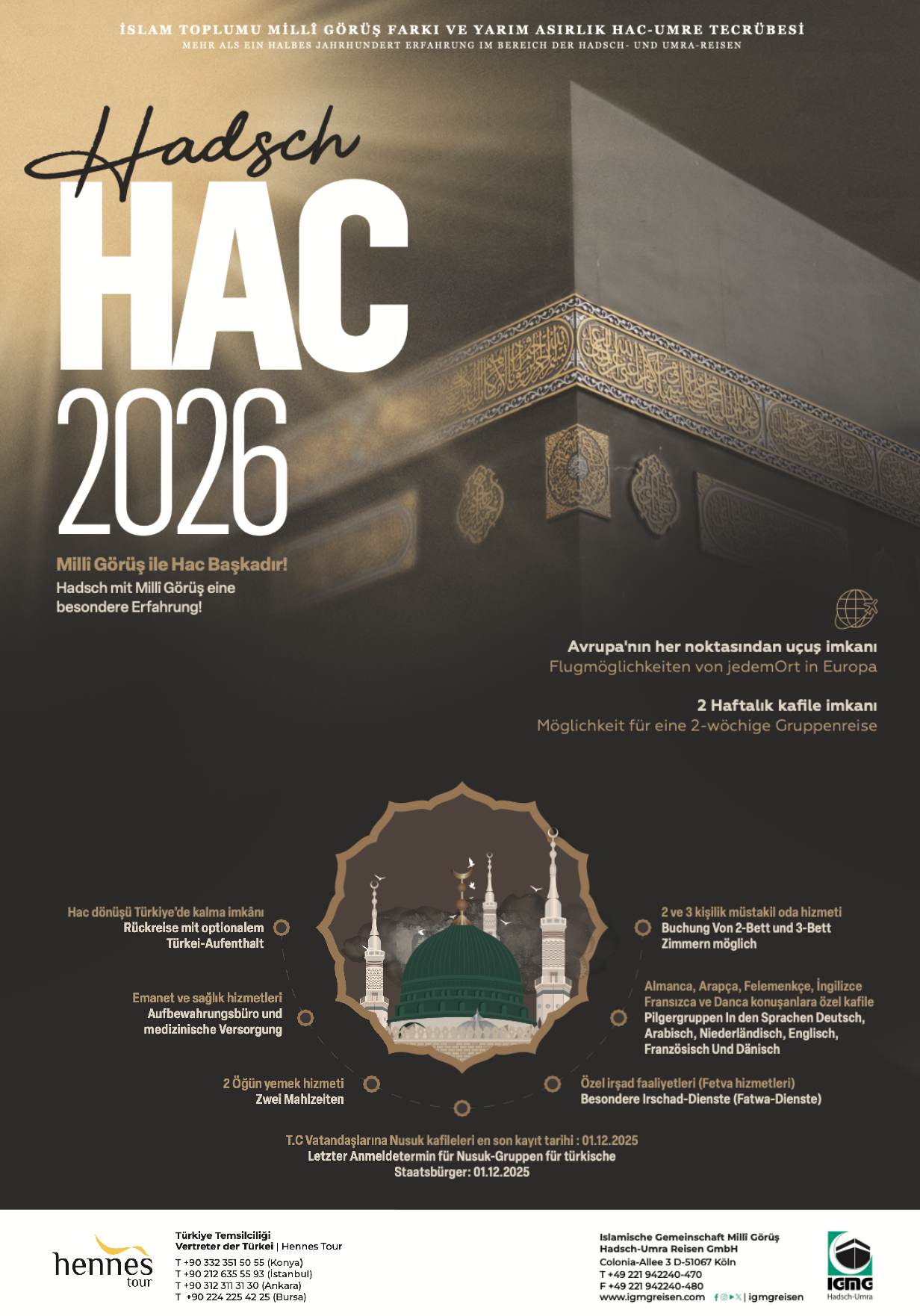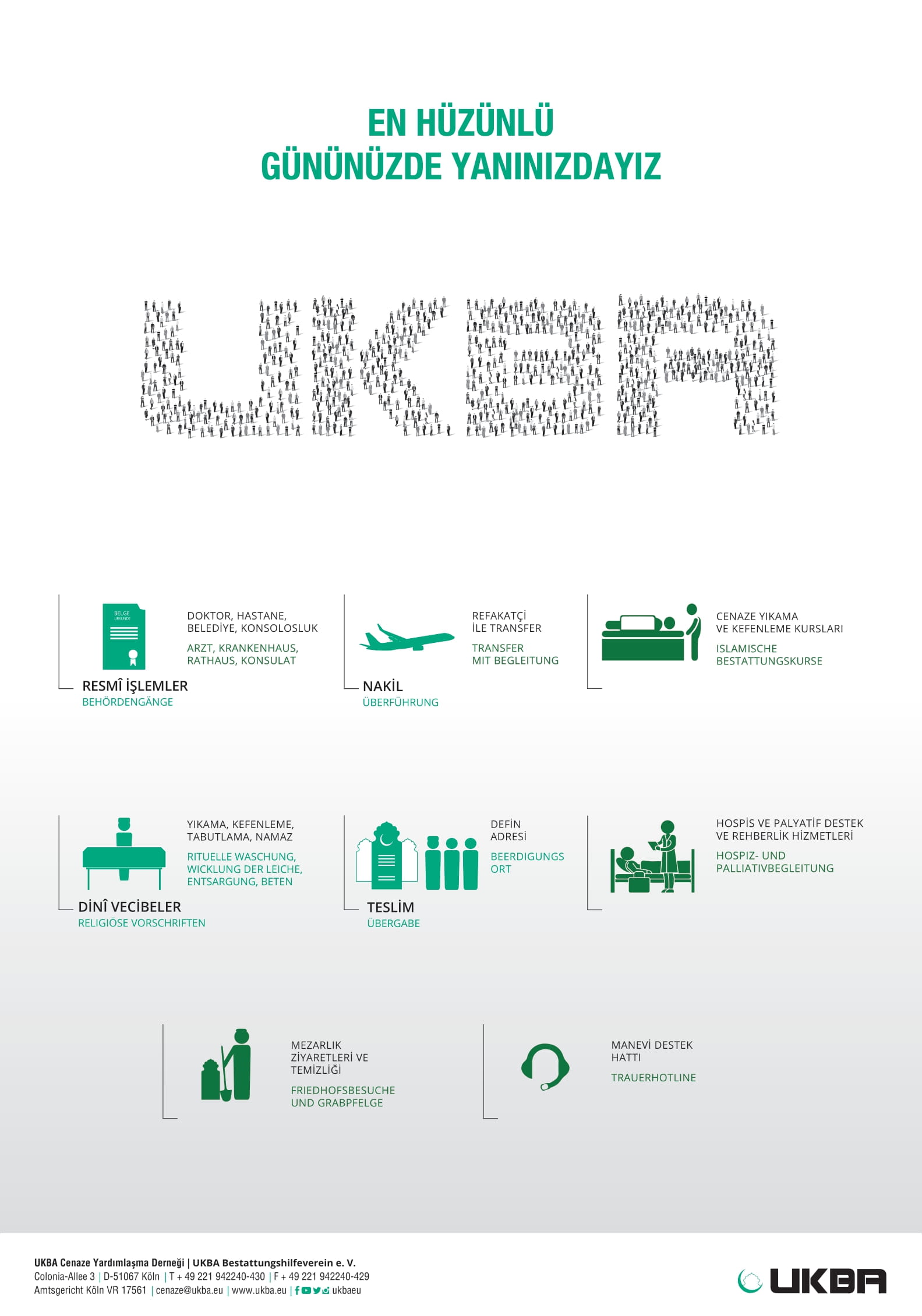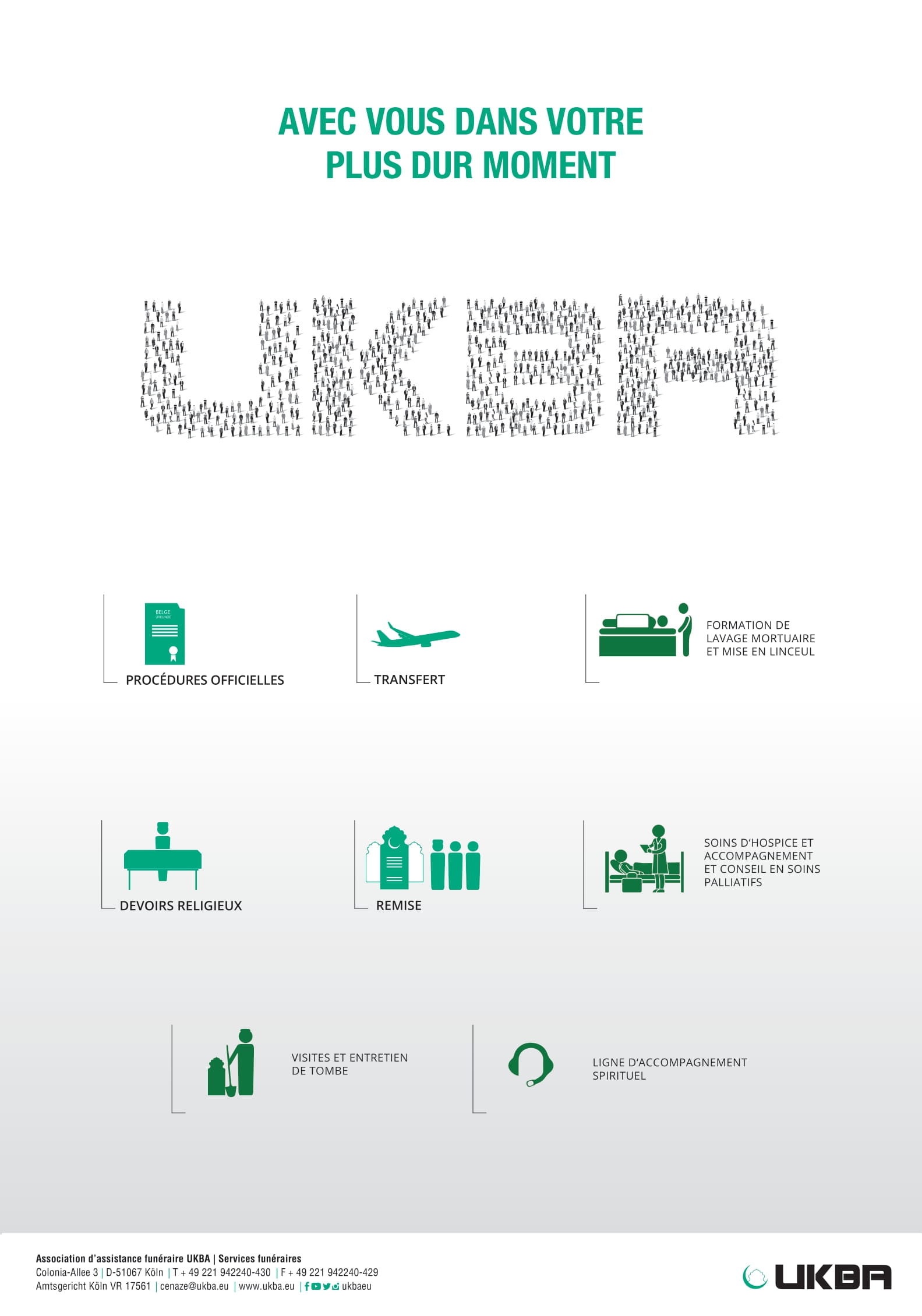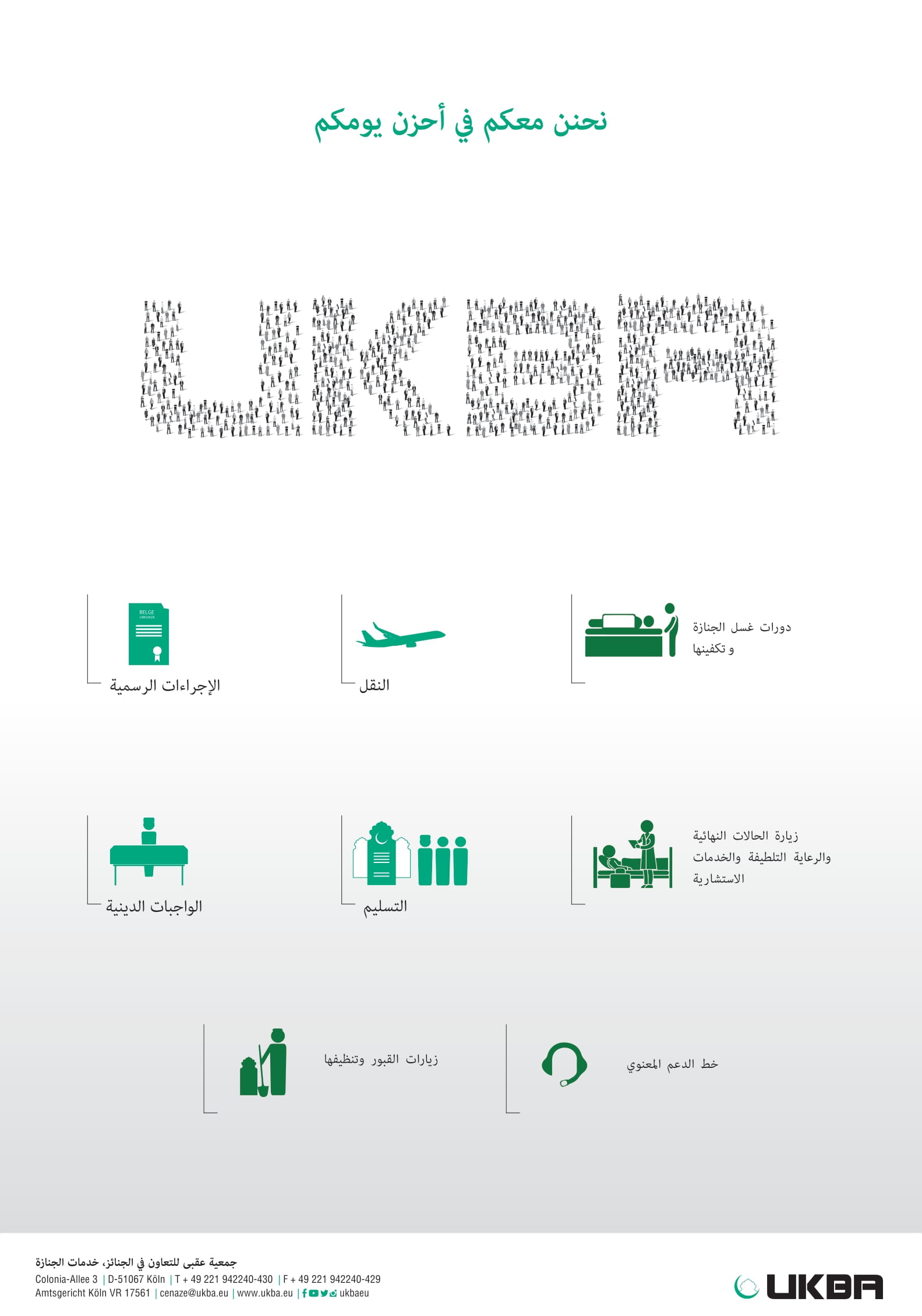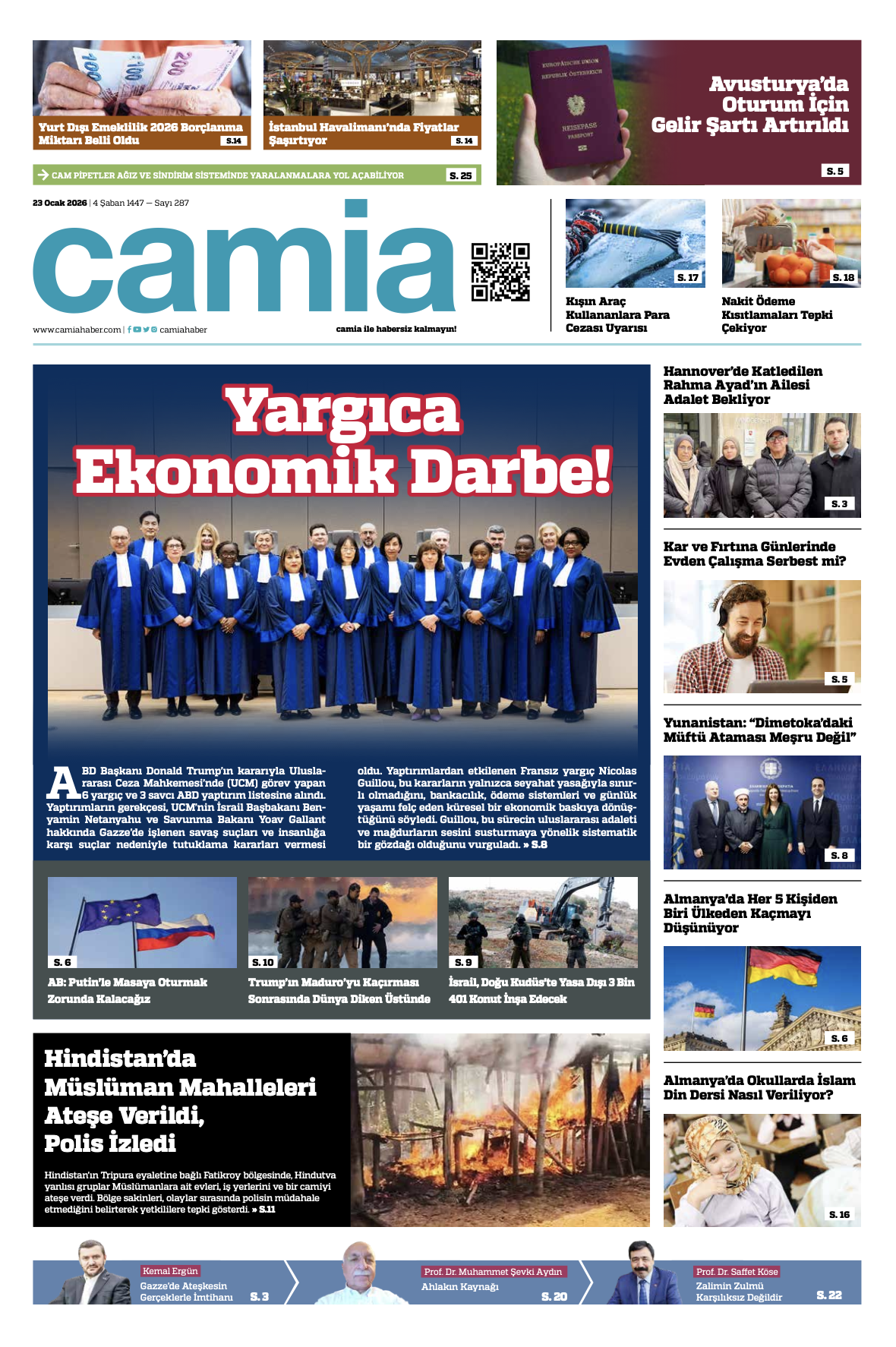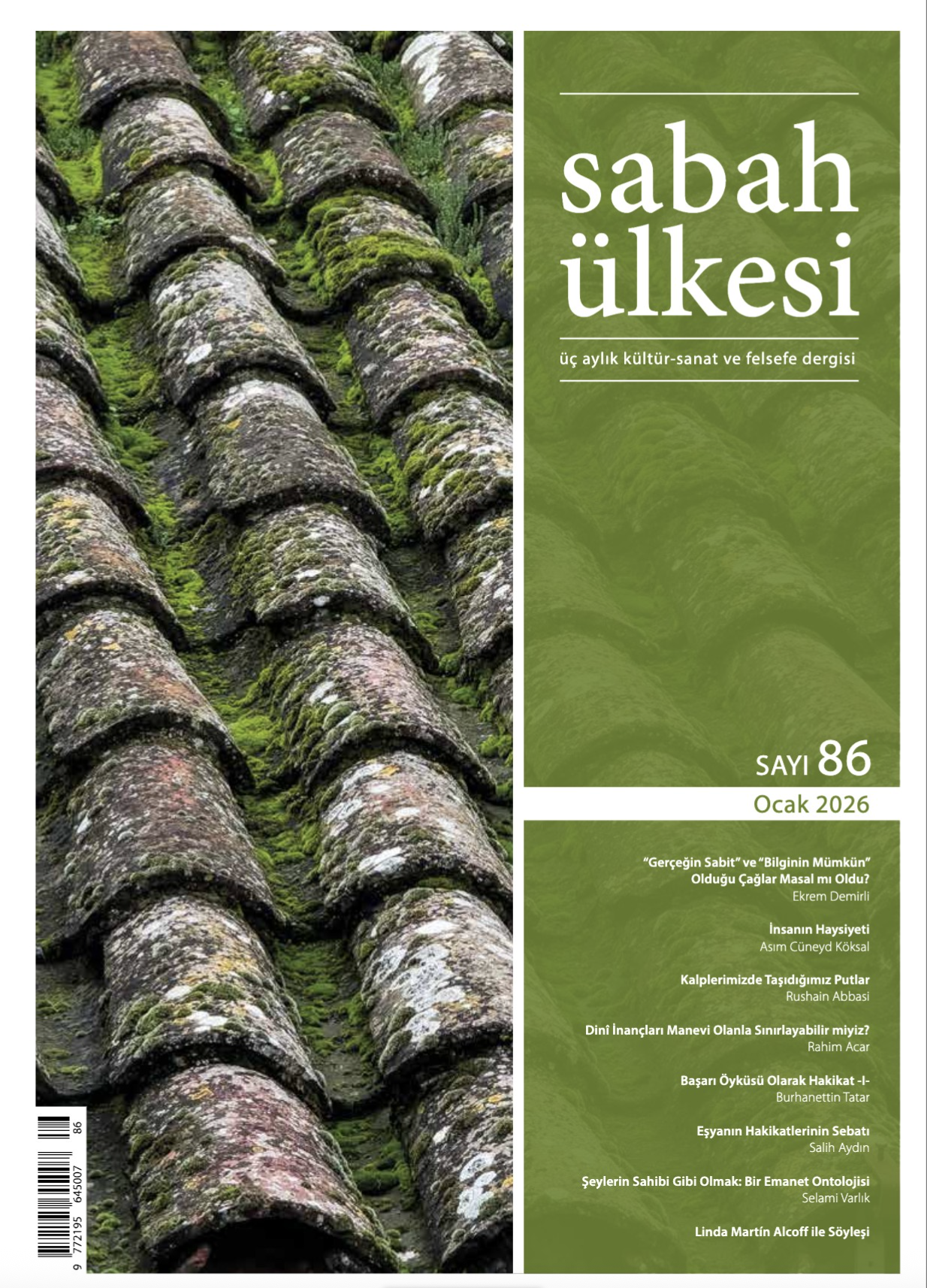Friday Khutba
Suspicion, Curiosity and the Harms of Gossip
14. August 2025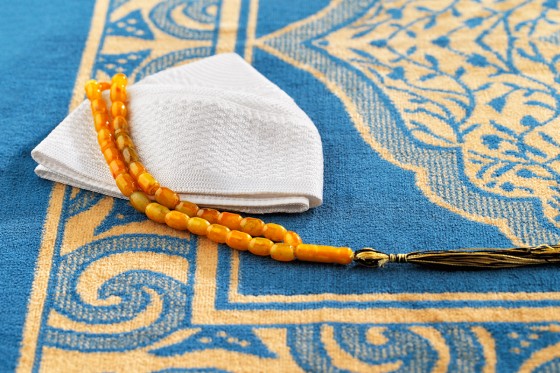
Dear Brothers and Sisters!
One of the purposes for which the Qur’an was revealed is to preserve human nature (fitrah) without corruption. All teachings of the Qur’an aim to help a person develop a balanced and measured personality. Through the messages in the Qur’an, Allah (swt) intervenes against all kinds of negative beliefs and behaviours that could corrupt human character. Just as Islam seeks to protect the individual’s fitrah, it also aims to maintain harmony and balance in social relations. The Qur’an encourages attitudes and behaviours that regulate social relationships while prohibiting all actions that disturb the peace of society. In the verse I read, Allah (swt) says: “O you who have believed! Avoid much suspicion; indeed, some suspicion is sinful. Do not spy on one another, and do not backbite each other. Would any of you like to eat the flesh of your dead brother? You would detest it! And fear Allah; indeed, Allah is accepting of repentance and Merciful.”[1] With this, Allah (swt) forbids suspicion, curiosity and gossip, which harm a person’s character.
Dear Brothers and Sisters!
Suspicion (dhan) means making a judgment or assumption without certain knowledge. Good assumptions are called Husn Dhann (positive thinking), while bad assumptions and negative thinking are called Su’ Dhann. Here, the type of suspicion that is to be avoided is the bad one. Simply having a thought pass through one’s mind without expressing it in words or actions does not cause harm. Tajassus means “to investigate carefully and attentively,” but in our religion, it refers to searching into the hidden states, faults and sins of others. People have inviolable rights and freedoms, including privacy. One of these is that their private matters should not be investigated. Investigating faults and shortcomings is behaviour based on Su’ Dhann. Generally, such behaviour involves a malicious intent to discover and expose someone’s faults, flaws or secrets. Our Prophet (saw) said in a hadith:
“Beware of suspicion, for suspicion is the most false of speech. Do not listen to what others say, do not investigate their faults, do not boast or show off to one another, do not envy, do not hold grudges, and do not turn away from one another. O servants of Allah! Be brothers as Allah has commanded you.”[2]
Dear Jama’ah!
Another of the three evils that corrupt society is gossip (ghibah). Ghibah means speaking about someone in their absence in a way they would dislike. It involves criticising, slandering or saying things about a person that they would not approve of when they are not present. This is also referred to as rumour. A person’s body, lineage, character, work, religion, clothing, house and similar matters can become subjects of gossip. For example, mockingly mentioning traits such as crossed eyes, hair loss or being very tall or short constitutes ghibah. The Prophet Muhammad (saw) asked, “Do you know what ghibah is?” The companions replied, “Allah and His Messenger know best.” The Prophet then explained, “It is to mention your brother with a characteristic he dislikes.” When asked, “What if the characteristic I mention is true?” he replied, “If the attribute you mention is indeed true, then that is ghibah. If not, then you have slandered and falsely accused him.”[3] In the hadith I read at the beginning of my khutba, the Messenger of Allah (saw) said: “If a person defends the honour and dignity of their brother against someone who backbites or slanders him, Allah will protect that person from Hell on the Day of Judgment.”[4]
Dear Brothers and Sisters!
Su’ Dhann, tajassus and ghibah undermine the peace and security of society, weakening trust, the most important principle that should exist among people, as well as unity and solidarity. When individuals speak behind each other’s backs, carry stories or engage in Su’ Dhann, peace and trust in society disappear. In a community where members do not trust one another, order is disrupted and love and tranquillity are lost. Undoubtedly, one of the organs a person must pay the most attention to is the tongue. The tongue is the organ through which humans express their feelings and thoughts. Sometimes it speaks words that bring peace and other times words that cause unrest. That’s why the tongue needs the most care. May Allah (swt) grant us Husn Dhann (positive thinking) in our hearts. May He protect our tongues from falsehood, our eyes from tajassus and our hearts from Su’ Dhann. May He make us among His servants who are distant from ghibah, close to brotherhood, far from discord and near to unity. Ameen!
[1] Surah Al-Hujurat, 49:12
[2] Müslim, Birr, 30
[3] Müslim, Birr, 70
[4] Tirmizî, Birr, 20
Khutba – english
Khutba – turkish
Khutba – german
Khutba – arabic
Khutba – french
